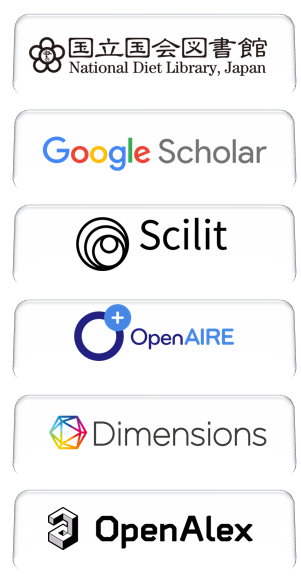Acts of International Organizations on Digital Economic Integration
DOI:
https://doi.org/10.64583/bg2nc959Keywords:
acts; international organizations; digital economic integration; digital trade strategies; approachAbstract
This paper explores the regulatory frameworks and legal instruments of key international organizations (IOs) in fostering digital economic integration. Through a comparative legal-institutional analysis of acts and policy instruments issued by the United Nations, Asia-Pacific Economic Cooperation (APEC), Association of Southeast Asian Nations (ASEAN), Organisation for Economic Co-operation and Development (OECD), European Union (EU), African Continental Free Trade Area (AfCFTA), and Eurasian Economic Union (EAEU), the study identifies trends, challenges, and synergies in regional and global digital trade governance. The research highlights varying levels of institutional maturity, digital inclusivity, and regulatory harmonization across IOs. The results underscore the importance of interoperable standards and collaborative approaches to bridge regulatory fragmentation and support cohesive digital trade governance worldwide.
References
African Union. (2020). Digital transformation strategy for Africa. African Union. https://au.int/sites/default/files/documents/38507-doc-dts-english.pdf
Asia-Pacific Economic Cooperation. (2019). APEC cross-border privacy rules system. APEC. https://www.apec.org/docs/default-source/Groups/ECSG/CBPR/CBPR-ProgramRequirements.pdf
Asia-Pacific Economic Cooperation. (2021). APEC digital economy action plan. APEC. https://www.apec.org/meeting-papers/leaders-declarations/2021/2021-leaders-declaration/annex-aotearoa-plan-of-action
Association of Southeast Asian Nations. (2019). ASEAN agreement on e-commerce. ASEAN. https://agreement.asean.org/media/download/20190306035048.pdf
Association of Southeast Asian Nations. (2020). Digital integration framework action plan. ASEAN. https://asean.org/wp-content/uploads/2020/12/ASEAN-Digital-Integration-Framework.pdf
Eurasian Economic Commission. (2018). EAEU digital agenda. EEC. https://www.osce.org/files/f/documents/b/3/373513.pdf
European Union. (2018). General Data Protection Regulation (GDPR). EUR-Lex. https://eur-lex.europa.eu
European Union. (2021). Digital services act. European Commission. https://commission.europa.eu/strategy-and-policy/priorities-2019-2024/europe-fit-digital-age/digital-services-act_en
Lippoldt, D. (2021). Regulating the digital economy: Reflections on the trade & innovation nexus. Project for Peaceful Competition. https://www.peaceful-competition.org/pub/8el238jr
Organisation for Economic Co-operation and Development. (2020). OECD model framework on digital trade. OECD. https://www.oecd.org/content/dam/oecd/en/publications/reports/2020/02/going-digital-integrated-policy-framework_cacd650a/dc930adc-en.pdf
UN ESCAP. (2016). Framework agreement on facilitation of cross-border paperless trade in Asia and the Pacific.UN. https://treaties.un.org/pages/viewdetails.aspx?src=treaty&mtdsg_no=x-20&chapter=10&clang=_en
United Nations Conference on Trade and Development. (2021). Digital economy report 2021.UN. https://unctad.org/system/files/official-document/der2021_en.pdf
Downloads
Published
Data Availability Statement
The research data is available
Issue
Section
License
Copyright (c) 2025 Yong Zhou (Author); Zouting Ouyang (Translator)

This work is licensed under a Creative Commons Attribution 4.0 International License.






